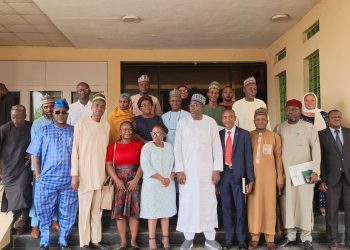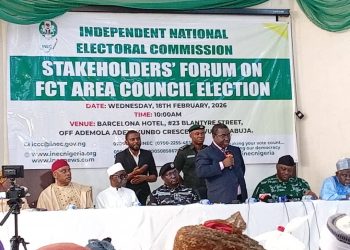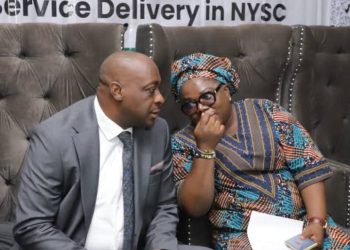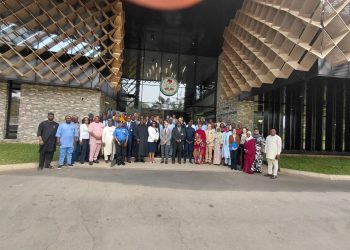By Nkechi Eze
Individuals with disabilities are resilient and talented individuals who bring immense value to society. Their potentials should never be underestimated. They embody the essence of humanity, teaching us precious lessons in acceptance, humility, and compassion. When people with disabilities are recognized and appreciated for their strengths, it profoundly enhances their sense of dignity and self-worth, inspiring us all to cherish and celebrate human diversity. On the premise of this, the Advocacy for Women with Disabilities Initiative AWWDI, determined to dispelthe misconceptions about People with Disabilities PWDs, particularly women with disabilities, is urging journalists to use more empowering language when reporting on people with disabilities PWDs, to promote a more positive narrative, noting that the media has immense influence in shaping public perception and drive positive change.
At a media engagement on disability reporting in Abuja, AWWDI’s National Coordinator, Mrs. Bilikisu Yakubu, emphasized the media’s crucial role in shaping public attitudes and perceptions towards people with disabilities.
She shared emotional stories of women being denied care and treated as if their disabilities determined their worth, highlighting the need for urgent reform and also encouraged journalists to promote inclusivity and respect when reporting on people with disabilities.
“Women and girls with disabilities have the inherent right to give and receive love, as they are human beings with feelings, emotions and dignity, just like anyone else.
Healthcare providers must recognize that women with disabilities have sexual and reproductive health needs just like any other woman. They deserve to be treated with dignity and professionalism. I am using this opportunity to appeal to the government to invest more in training healthcare workers about disability inclusion and developing policies that ensure people with disabilities receive respectful and accessible healthcare services” She said.
Speaking on editorial reporting, Yakubu emphasized the importance of robust editorial reporting to challenge and change the prevailing harmful narrative.
She appealed to journalists to refrain from depicting people with disabilities as helpless or pitiful, and instead adopt respectful language and accurate reporting that showcases their abilities and strengths.
Mr. Kola Jayeoba, the Programme Manager, while highlighting the guidelines of disability reporting and importance of inclusive media especially with regards to promoting informed polices, urged media organizations to take the lead in promoting policies that protect the rights and well-being of People with Disabilities (PWDs).
“As Journalists you should move beyond sentimental reporting and instead investigate the systemic barriers preventing people with disabilities PWDs from accessing their rights and opportunities. For example, reporting on the challenges women with disabilities face in accessing sexual and reproductive healthcare can highlight policy gaps and inspire advocacy for change” he said.















